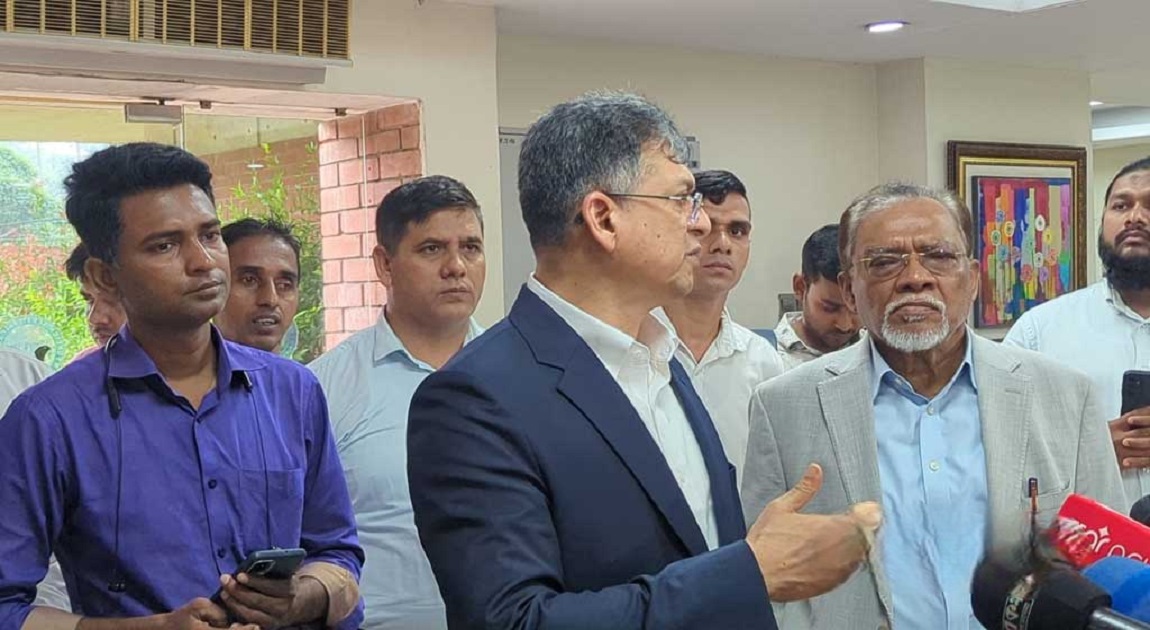BNP Standing Committee member Salahuddin Ahmed has said that his party cannot be forced to agree on all proposals put forward by the National Consensus Commission (NCC), particularly those related to the appointment process for constitutional and statutory bodies and the chief of a caretaker government.
Speaking to the media after the 20th meeting of the NCC’s second phase on Monday, Salahuddin said, “If we are compelled to agree on everything, then there is no point in calling these discussions. Forcing us into full agreement is not acceptable.”
The day-long meeting, held from 10:30 AM to 7:00 PM at the Foreign Service Academy in Dhaka, brought together representatives of 30 political parties.
However, the parties failed to reach consensus on the appointment mechanism for constitutional bodies and the head of the caretaker government. As a result, scheduled discussions on women’s representation in parliament did not take place.
Echoing concerns over pressure during the talks, Communist Party of Bangladesh (CPB) General Secretary Ruhin Hossain Prince said, “Forcing consensus is not logical. This only prolongs the meeting. Pushing for agreement on every issue will not work.”
Addressing the press, Salahuddin reiterated BNP’s stance that executive authority must remain strong for effective governance.
“The executive branch is accountable to parliament and the people, but accountability without authority is meaningless. If the executive’s hands are tied in appointments to constitutional and statutory bodies, it could become an obstacle for future governance,” he said.
He added that the NCC had accepted BNP’s proposal for forming an independent search committee to constitute the Election Commission, comprising representatives from the ruling party, opposition, and judiciary.
BNP also proposed that if the caretaker government system is reinstated, any future amendments by parliament must go to a public referendum before presidential approval—a move Salahuddin described as “a significant step for future political stability.”
Prince further suggested dropping contentious issues from the discussions and finalizing only those where consensus has been reached, saying, “If one major party disagrees, how will consensus be possible? We should move forward with the agreed issues instead of dragging on.”

















-20260221022942.jpg)
-20260221022827.webp)















